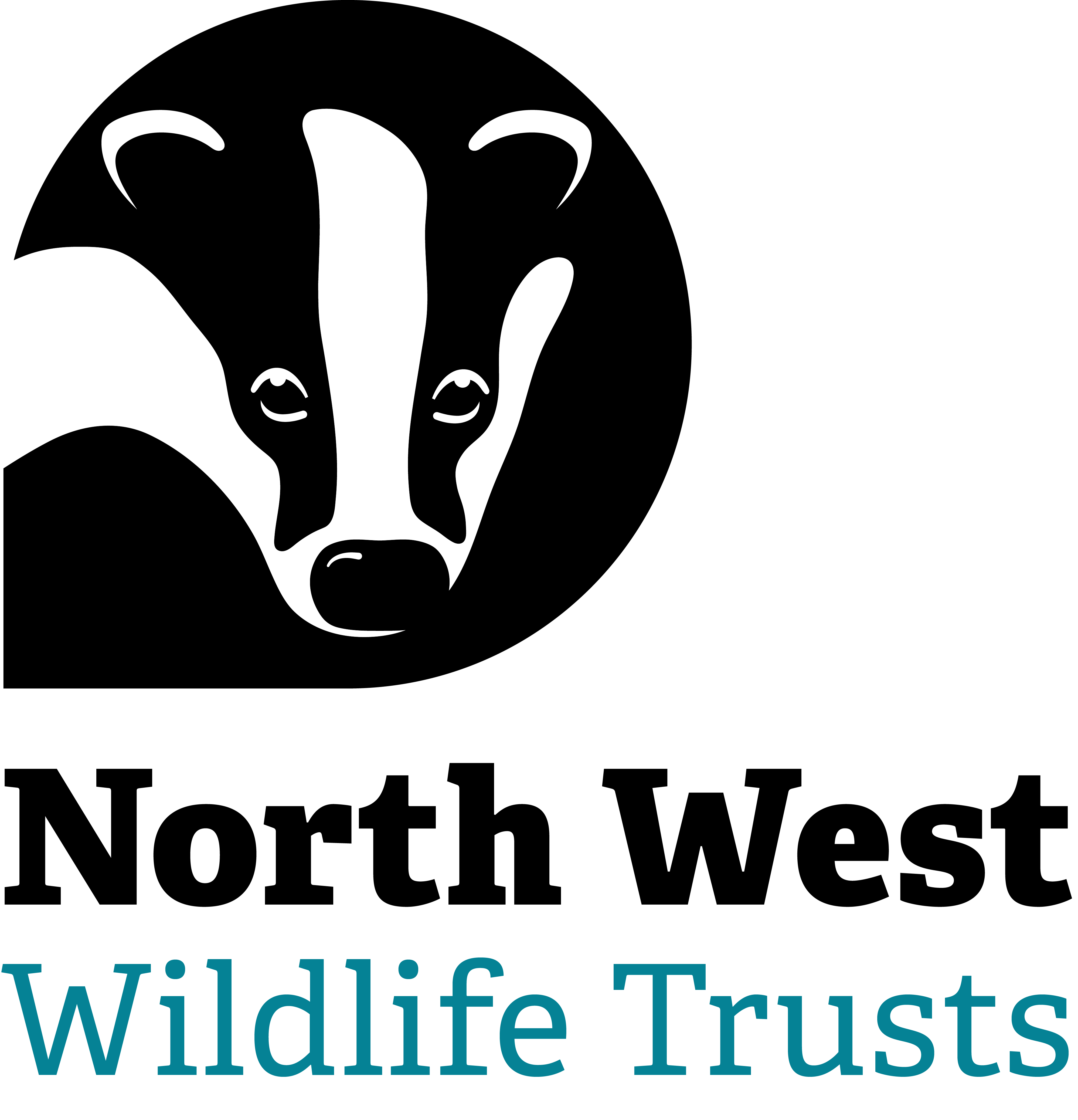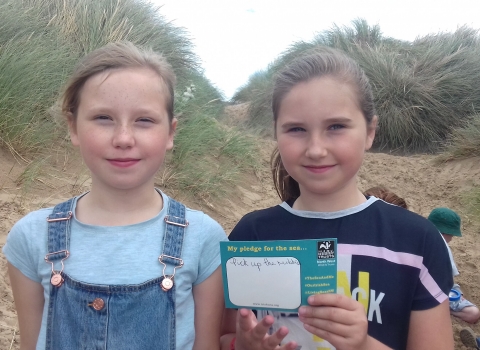What can you do to help save our seas?
You may think that the actions that you alone take won’t help to save our seas. It is often easier to think that changes made at corporate and governmental levels are the only way to make a real difference but that is not true.
No matter where you live or what you do, you are connected to the sea and you can make a difference for better or for worse.
We want to help our seas recover from past declines, as well as protect them from current and future threats. We want our Living Seas to be healthy and thriving with wildlife.
By making some small changes, you can help protect our seas and improve global environmental health.
A few small changes make a big difference!
1. Minimise your use of plastics
Limit your impact by reducing, reusing and recycling plastics (in that order).
Taking your own bags to the supermarket is becoming second nature to many and whilst other legislative measures are coming into force slowly, including: levies on non-recyclable coffee cups; the banning of microbeads in cosmetics; and the production of plastic cotton bud sticks....you can make the change now!
Carry a reusable water bottle and reusable coffee cup for your take-away coffee. Store food in non-disposable containers, switch the stick and buy cotton buds with paper sticks, stop sucking – say no to plastic straws and avoid cosmetics and household products containing microbeads and plastic glitter.
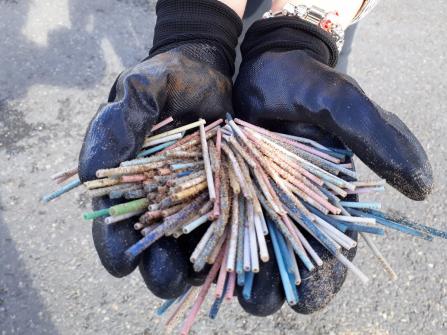
Cotton bud sticks collected on a beach clean
Marine litter kills thousands of seabirds, turtles, whales and dolphins each year. Now microplastics and microfibres are getting into our water supply and affecting marine life lower down the food chain.
2. Make smart seafood choices
Over two thirds of world fish populations are over-exploited and vital habitats have been destroyed. Fish populations in the Irish Sea are no different. Fish such as whiting and sole have been pushed beyond their biological limits.
When buying or ordering seafood, always choose sustainable seafood. Do not purchase from suppliers who fish over-exploited populations or those that use environmentally damaging methods such as trawling. Avoid top predators like tuna and look out for information on sustainability, e.g. the Marine Stewardship Council (MSC) blue tick logo on packaging.
Check the sustainability of your seafood
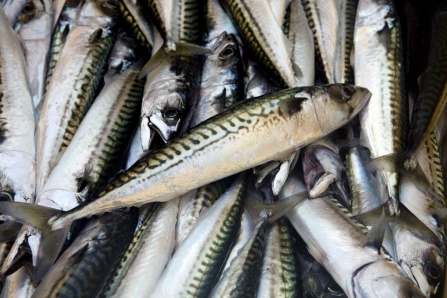
Hand line caught mackerel © Toby Roxburgh/2020VISION
3. Reduce your carbon footprint
Increased greenhouse gasses and climate change are affecting our seas by accelerating the melting of ice caps and causing ocean acidification. Changes in climate are already affecting the range and distribution of species around the UK.
Reduce your carbon footprint by walking or cycling when you can and being conscious of your energy use at home and at work. Switch to energy saving light bulbs, turn your thermostat down a couple of degrees, wash your clothes on cooler settings or take a stay-cation rather than travelling long distances overseas.
Enjoy a holiday at home in the UK and explore some of our beautiful NW beaches instead of travelling abroad.
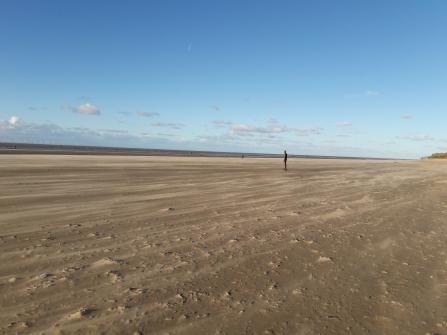
Crosby beach
4. Take action for your local coastline
Peace, tranquility, beauty and wide-ranging views are what make the coast so special and it can be easily spoiled by the sight of litter that has collected on the strandline.
If you visit the coast to walk the dog, go kite surfing or wildlife watching, always clean up after yourself and avoid disturbing wildlife or removing rocks and shells.
Why not do your own 2 Minute Beach Clean or participate in a locally organised beach clean group – every little helps.
Nurdle Hunt with Peel Environmental on Crosby beach
5. Think about how your home is connected to the sea
For the past few years we have been working on the Love my Estuary project, focused around raising awareness about what we can all do to help improve local water quality and help our estuary wildlife thrive on the Dee estuary.
No matter where we live our homes and workplaces are connected to the sea. Clearing sewers costs millions of pounds each year and when sewers are overloaded during storms, untreated sewage is released straight into your local river or out to sea.
Make sure you only flush the three Ps down the loo (pee, poo and paper), never cotton buds, sanitary products or wet wipes, even if they claim to be biodegradable or flushable. Don’t put any fat, oil or grease down the sink, use eco-friendly cleaning products and only let rain go down your drains – take any chemicals, paints or oils to the waste recycling centre.
6. Be a responsible pet owner
We have all taken a lovely walk out in the countryside or along the coast and seen bag fulls of dog poo hanging in a bush, in the undergrowth or under a rock. Dog poo is one of many small sources of pollution that seems insignificant but when you consider how often it happens, it can add up to big problems for our seas and our own health.
Make sure you pick up and bin your dog poo, the sea won’t just wash away the problem!
And what about the diet of your pampered pooch or feline princess? Fish and seafood products are used in many pet food brands. Read pet food labels and consider the sustainability of the fish products used in their food.
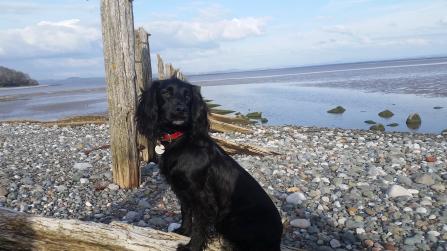
Ted on the beach
7. Love the sea
Our coasts and seas are vital for tourism, recreation, transport and coastal protection. If we love and value our seas and coast we have more chance of protecting them for future generations.
Search the strandline, gaze in a rockpool, wildlife watch from the shore – let’s get out and explore the coast more! Getting out in the sea air is great for our health and well-being.
There is something incredibly soothing about the sound of the ocean, the smell of salt water, and the feeling of warm sand between your toes. Now, finally, science has caught up and proven that sand and surf does the mind (and body) good. So get outside and reap the benefits of all that 'vitamin sea'!
Sally Tapp, Marine Community Engagement Officer
8. Learn about our seas and spread the word
The sea covers over two thirds of the Earth’s surface. We really do live on a blue planet. Not only do we live on it but we rely on it. Take a deep breath.... most of it was produced by marine algae.
The sea plays an important role in the carbon cycle, regulating climate and weather systems, providing resources such as food, minerals and the means for deriving new medical treatments. The more we learn about the issues our seas face, the more we can help to ensure that it is healthy for the future.
Spread the word, share what you learn to educate and inspire others!
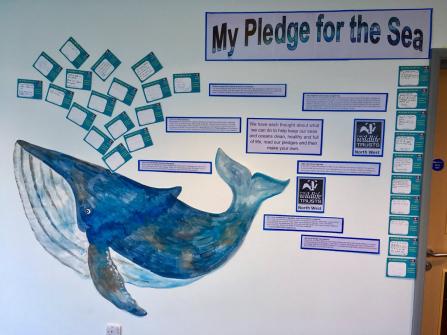
AKS School's pledges to help the sea
9. Influence change at a higher level
Whilst all of the things above will make an important difference, we also need to see change at a high level and the power of the people can do amazing things.
Add your voice to local and national campaigns for things such as a plastic bottle deposit return scheme or banning balloon releases.
Why not become a Friend of Marine Conservation Zones and join our campaign for more marine protected areas in the Irish Sea?
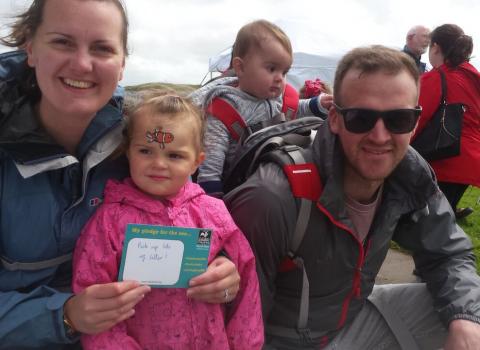
Pledge to help the sea
No matter where you live or what you do, you are connected to the sea.
Continue your support for our work
Here at the North West Wildlife Trusts, we are fighting to protect marine life in the Irish Sea. Your support as a member is vital to keep our campaigning, education and conservation work going.
But there are also many other ways for you to get involved and support our work:
Volunteer Visit our coastal reserves Donate
However you choose to support us, every small act is part of a much bigger movement to protect our valuable marine environment for the future and together we can effect real change!
